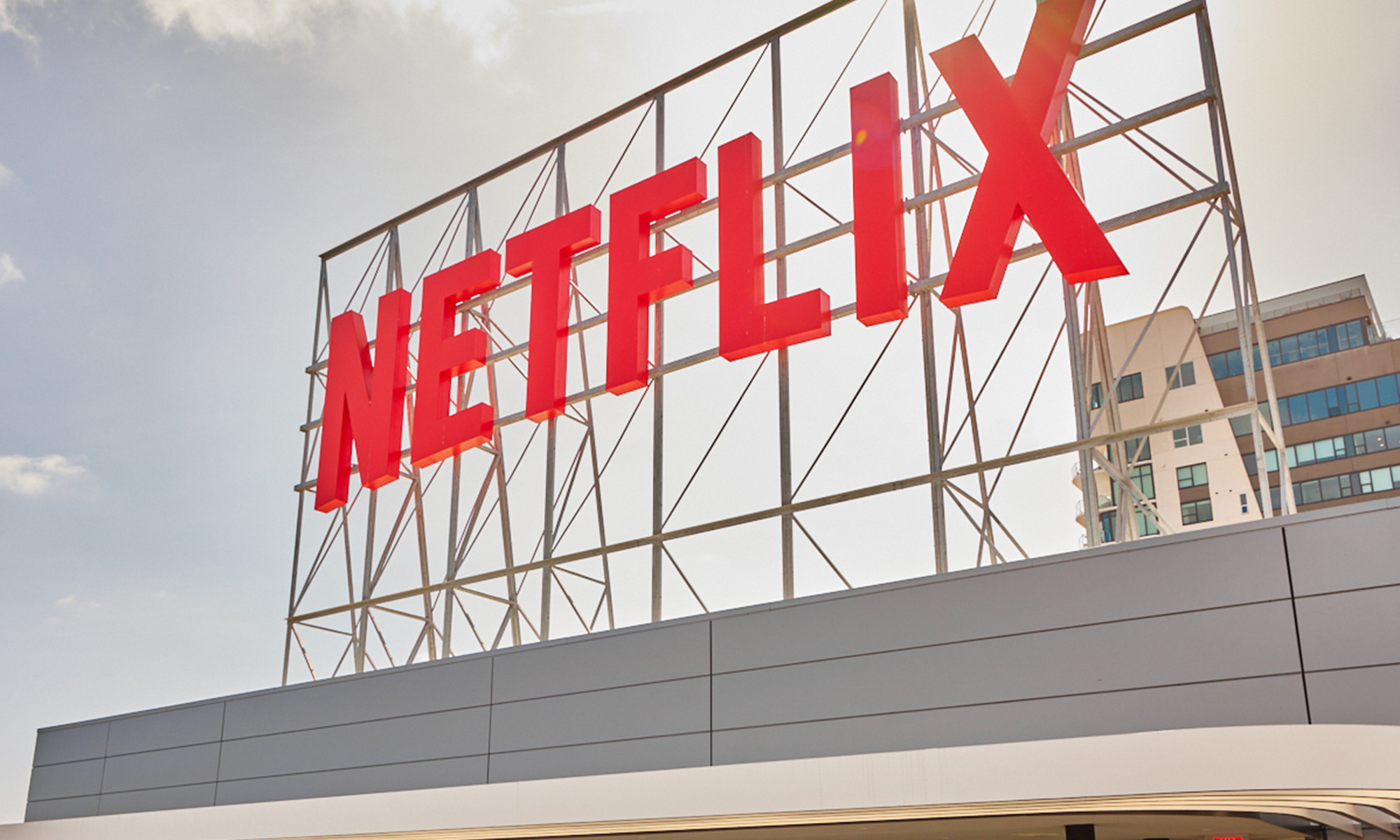Over the last month, Apple and Disney (DIS +0.51%) have revealed details about their upcoming premium video-streaming services. Several other media companies are expected to launch their own services over the next year as well. Netflix (NFLX 0.03%) addressed these new competitors in its first-quarter letter to shareholders by noting, "We don't anticipate that these new entrants will materially affect our growth."
Management gave two reasons in its letter: the continued transition of live television viewing to on-demand streaming and its differentiated content. On the earnings call, CEO Reed Hastings said the addition of Apple and Disney only adds onto a huge pile of competition looking to grab consumers' attention. (He has previously said one of Netflix's biggest competitors is sleep.)
Let's take a look at those claims to see whether Netflix is right about how the new competition will (or rather, won't) affect its business.

Image source: Netflix.
The shift to on-demand
Americans are watching less television every year. In 2013, the average American watched 4 hours and 30 minutes of television per day. That fell to about 3 hours and 50 minutes per day last year.
Meanwhile, digital video services account for a larger percentage of total watch time. Americans spent 1 hour per day watching digital content in 2015, and that number climbed to about 1 hour and 22 minutes last year, according to eMarketer.
Indeed, consumers are spending more time streaming video, and that trend is especially prevalent among young people. In fact, millennials spend more time watching Netflix, on average, than they do watching traditional television.
The shift is expected to continue well into the future. That means Netflix should be able to maintain its current growth trajectory as the market for total streaming content continues to get bigger.
Differentiated content
Netflix certainly has differentiated content from what Disney and Apple are offering. Netflix is home to some of the most well-reviewed series on television. It's spending billions of dollars producing that content, so it better have some winners among the 700 or so original series it's produced.
Disney CEO Bob Iger argues that Netflix is "still building their brand." In other words, Netflix has a lot of great content, but it doesn't stand for any type of content in particular. By comparison, Disney has some very strong brands in Disney, Star Wars, Pixar, and Marvel.
A less compelling brand necessitates a larger marketing budget, and that's exactly what Netflix has done. Its marketing is going toward promoting its originals and there's a big focus on winning awards. Netflix is building a brand around award-winning content. The company highlighted its awards in its first-quarter letter to shareholders.
There's already so much competition, what's another competitor?
Netflix pointed out that its app only accounted for 2% of downstream mobile traffic. It previously noted it only accounts for 10% of television screen time in the United States (and even less in other countries).
But that may be overstating the amount of competition Netflix faces. People don't think of how much time they spend in total on their TVs; they compartmentalize and use mental accounting because it's easier.
That said, there's still plenty of competition out there already. Netflix ended the quarter with about 155 million total subscribers (paid and trials). There are currently about 500 million total over-the-top streaming subscribers globally, according to an estimate from IHS Markit. So Netflix accounts for about 30% of streaming subscriptions. That's quite a bit higher than the numbers Netflix likes to point out, but it still shows the company isn't completely dominating streaming as is.
Furthermore, it's important to realize streaming services aren't mutually exclusive, and a rising tide could lift all boats. IHS expects total subscriptions to climb to 650 million by 2021. Even with Disney's ambitious goal of reaching 60 million to 90 million subscribers for Disney+ by 2024, there's plenty of room for Netflix to keep growing as well.
Based on all three factors, Netflix shouldn't see too much of an impact from the competition.







